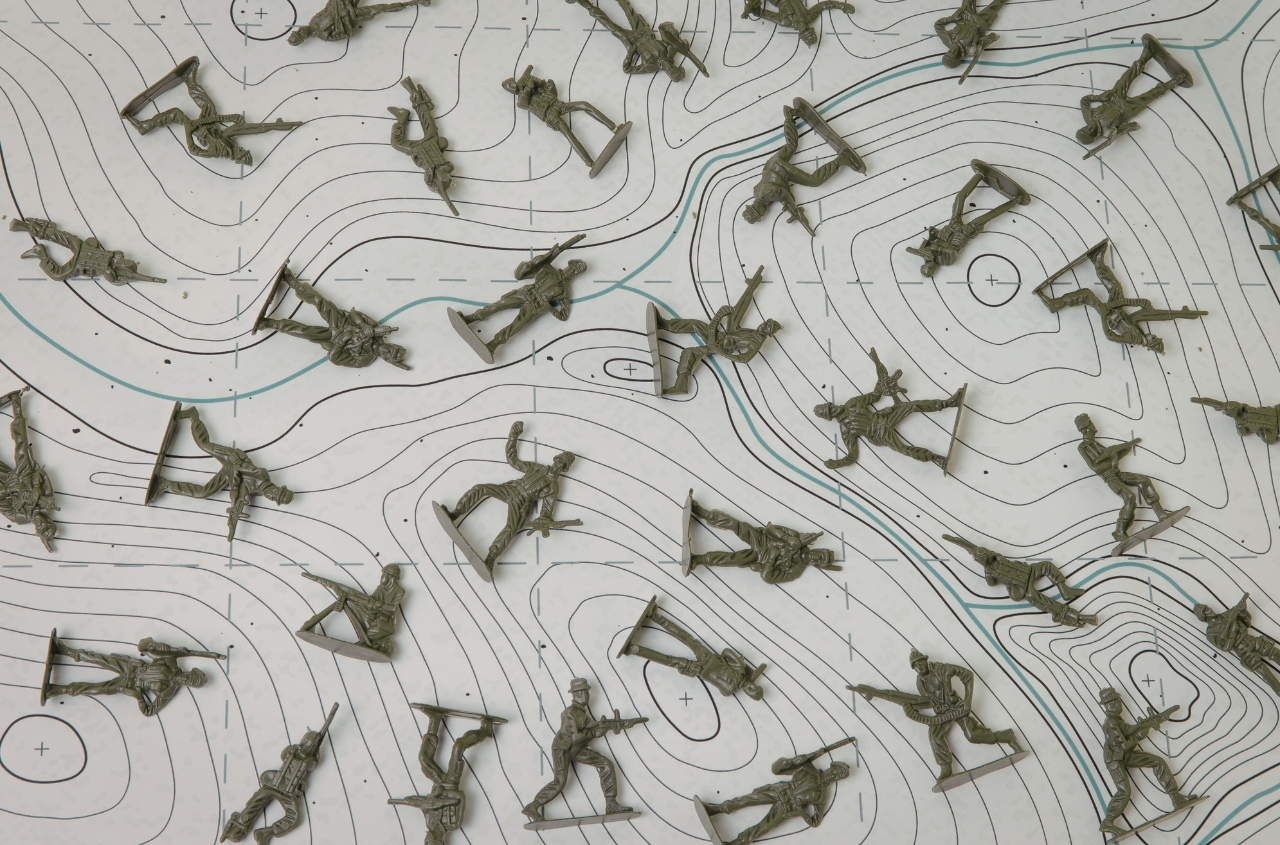In 2007, Vladimir Putin said, 'Hopefully, we won't have Guantanamo.' Later, Guantanamo became his favorite topic. During various press conferences and forums, he often recalled the conditions and torture of terrorism suspects at the American military base, calling it 'some kind of medievalism' and stating that 'such things cannot be imagined in Russia.' However, after the emergence of videos showing the torture of prisoners in Russian colonies, he had to admit that torture also occurs in Russia and called the torture 'crimes that must be punished.' But Putin never stopped mentioning Guantanamo. The last time he addressed this issue was a couple of years ago when answering a question about human rights in Russia.
In 2024, pro-government Russian media and propagandists prominently showcased suspects tortured in the terrorist attack at 'Crocus City': footage appeared in Telegram channels showing how one of them had part of his ear cut off and was forced to put it in his mouth, and later, in a video interrogation, they openly reminded that he had only one ear left. Another suspect in the photo lies with a distorted face, pants pulled down, and next to him, as explained in the caption, stands a field phone. The situation is described as a 'standard interrogation'—electric shock torture—where wires from the phone are connected 'to the fingers, ears, or genitals.' Putin's press secretary leaves the question about torture unanswered.
It's not just that less than two years ago, criminal punishment for torture was tightened in Russia. It's not about the fact that confessions obtained under torture, by law, have no legal force in court. Non-compliance with the law and arbitrary courts—a long-gone stage. Now we are dealing with something even more terrifying. And the path to the Orthodox version of the Taliban with public executions in stadiums, amputations of limbs, and stoning, which not long ago seemed like a dystopia and fantasy, now doesn't seem so unreal.
And what could stop this? Initially, the official human rights ombudsman under the president, Tatyana Moskalkova, said that "the use of torture against detainees and accused individuals is absolutely unacceptable." However, this sparked such a wave of accusations of dangerous liberalism that shortly thereafter she immediately noted the "maturity of the state," which avoided lynching terrorists, calling it "very, very important." The chief state human rights defender corrected herself.
The bar is not set very high. The Russian government has virtually no restraining mechanisms left. Its strong and popular critics are either killed, like Alexei Navalny, or imprisoned for long terms. The stress situation—a terrorist attack with more than a hundred victims—opens a window into the consciousness of that part of the elite that has rallied around Putin.
"Kill all those involved," writes Dmitry Medvedev, deputy chairman of the Security Council, in his Telegram channel, keenly understanding the trends and the leader's mood. He even calls for the killing of those who sympathized with the terrorists.
The Orthodox Church, which one might think should bring the flock to its senses and remind them that fighting the devil with devilish methods is not quite Christian, is silent about torture. So far, it has spoken out against the return of the death penalty. But in Russian prisons, some inmates don't live long anyway. In such conditions, official execution seems like architectural extravagance. But in the church environment, there is a discussion among priests about whether the victims of the terrorist attack, who came to a concert at "Crocus City" during Lent, were guilty, and whether God punished them for it.
The institute that claims to be the main spiritual authority in Russian society has the same problems as the secular authorities—there are no strong authoritative critics left. Priests who dared to defend humanity after Russia's full-scale invasion of Ukraine were excommunicated.
What does the rise of the most backward and medieval aspects of Russian power entail? It is worth recalling that terrorists, in the eyes of some of its representatives, are no longer just those who seize, shoot, and bomb civilians. Many years ago, after Putin once again took the presidential chair, the definition of terrorism in Russian law changed. Until 2006, terrorism was defined as "violence or the threat of its use against individuals and organizations." And after that, it was defined as "the ideology of violence and the practice of influencing decision-making by state authorities." State power became the main value that needed to be protected. Russian law enforcement and officials now align with this.
Given that this power disregards laws and has no constraints, it is not difficult to see the direction of movement. It is already quite clearly outlined.
"In our society, which trusts the president 80%, and this is exactly the cohesion indicator we have today, all the rot that remains must be isolated or, at least, destroyed," said Andrey Gurulev, a deputy from United Russia, last year on a central television channel. And the leader of the Chechen Republic, Ramzan Kadyrov (apparently a model region), long ago equated journalists and human rights activists who were not to his liking with terrorists, threatening to destroy them.
So those encouraged and openly brutalized have every chance of encountering not only those suspected of atrocities. The groundwork for this is ready. Guantanamo in the Russian version operates on a national scale.
From Russian history, it is known that a power accustomed to torturing and killing does not handle the protection of society from real threats very well (the oprichnina of Tsar Ivan the Terrible could neither effectively wage war nor combat bandits). It can poison opposition figures, suppress protests, and cancel concerts of dissenting artists in a matter of minutes. But it will not cancel mass events after several international warnings about an impending terrorist attack and will not provide adequate security. Why? Because the main goal is to preserve not the lives of people, but itself.





















